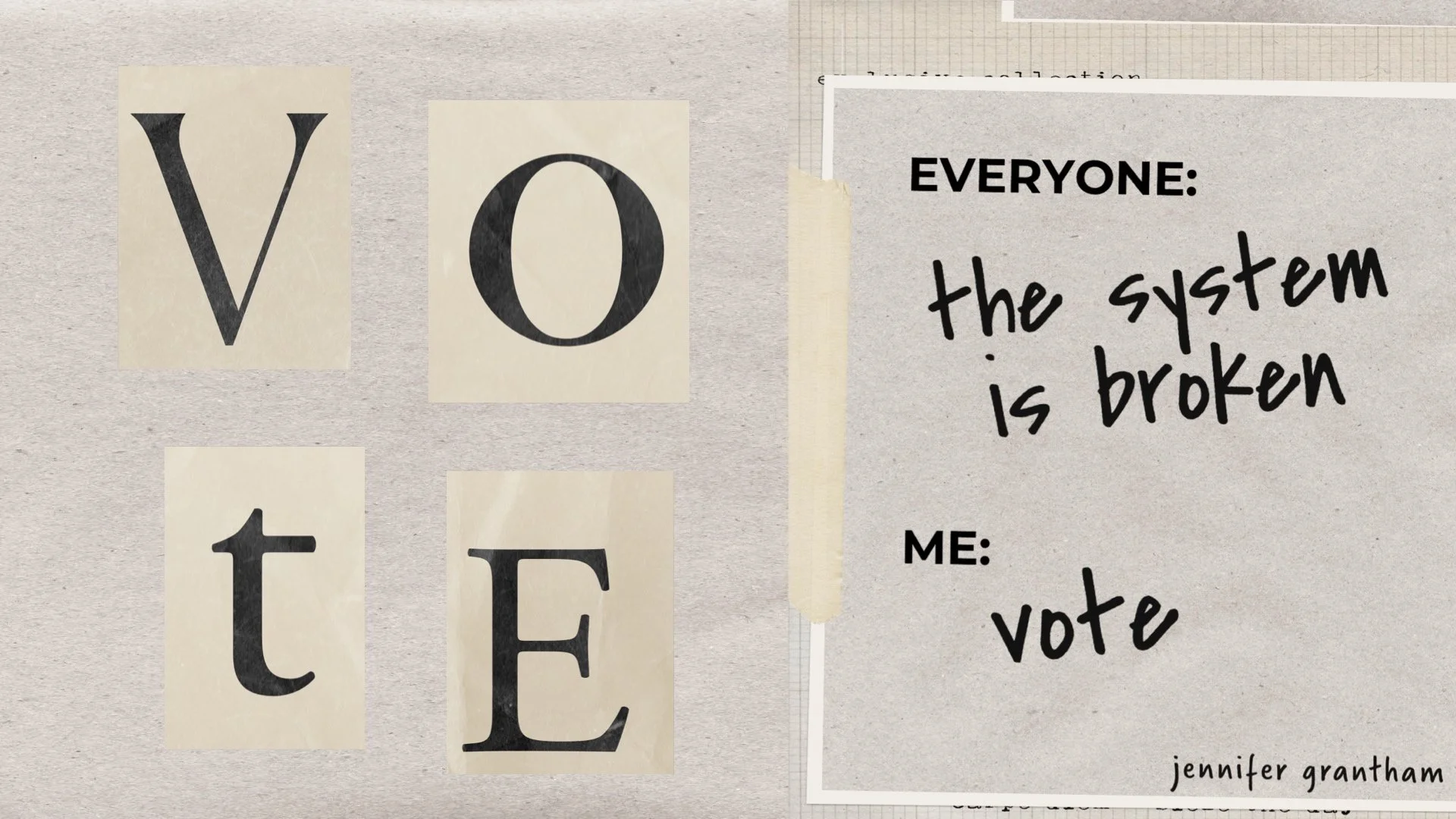Ecosystem Of Care: Politics and Policy
An ecosystem of care is an intentional approach to creating a community of all living things (humans, animals, plants, microbes) that interact with each other and their non-living environment in a specific area and provides what is necessary for the health, welfare, maintenance, and protection of these living things, with attention to their concerns and interests.
Politics is the process of gaining and maintaining power, involving competition, debate, and elections, while policy is the outcome of this process—a set of principles and plans that guide government action, such as laws and programs. Think of politics as the "who" and "how" of governing, and policy as the "what" the government decides to do to address societal issues.
Politics and policy are interdependent and constantly influence one another. A political party, for example, runs on a platform of specific policies, and public servants work to implement those policies based on the direction given by elected officials. When you think about this dynamic from the perspective of care, it helps to ask if what we are voting for is actually creating the system of support our community needs.
What would a political ecosystem of care look like for you? How do you see your country? How does it make you feel? How does it shape your perspectives, your possibilities and your personal health? What roles in your daily life would be easier if things were different? What would it look like for you to thrive and not just survive? What policies would help you get ahead and not just get by?
Who is making the decisions you want to see in your country? How are they making them? Voting is how you use your voice to choose the people who create the programs, plans and policies that provide the systems of support for daily life.
Are you voting for an ecosystem that would enrich our common humanity? Common humanity is a shared state of being, linked with basic ethics of altruism derived from the human condition, symbolizing physical care, social intelligence and compassion towards each other and self.
Are you voting for an ecosystem that would have policies that reflect the intersectional nature of health probability? Health probability sums up systemic influences on physical and mental well-being and the likelihood of their impacts.
Are you voting for an ecosystem that would create equitable access to economic mobility? Economic mobility is the ability of a person, family, or group to improve their economic status over time, usually measured by income.
Are you voting for an ecosystem that would be led by people who understand everyday livability? Livability describes the conditions that create a community’s quality of life—including the built and natural environments, economic prosperity, social stability and equity, health probability, educational opportunity, and cultural, entertainment and recreation possibilities.
Are you voting for an ecosystem that would be led by those who make decisions with empathy and compassion? Empathy is the ability to understand and share another person’s emotions, and compassion is taking action to relive their suffering.
Voting is how you use your voice to choose the people who create the programs, plans and policies that provide the systems of support for daily life. Your vote is your voice. Speak up. Check your voter registration and make a plan to vote early; and don’t just stop at the top or only vote in federal elections… down ballot races and local elections affect the entire system of politics and determine what happens in your state, in your city, and on your street. What would a political ecosystem of care look like for you?
